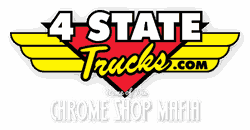
GMC TopKick Truck Frame & Chassis
-
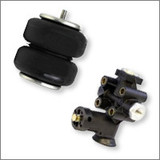 GMC TopKick Truck Air Springs & Level Valves
GMC TopKick Truck Air Springs & Level Valves
-
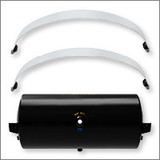 GMC TopKick Truck Air Tanks, Wraps & Mounting
GMC TopKick Truck Air Tanks, Wraps & Mounting
-
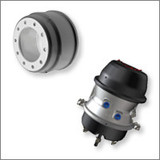 GMC TopKick Truck Brake Parts & Acc.
GMC TopKick Truck Brake Parts & Acc.
-
 GMC TopKick Truck Deck Plates & Air Line Boxes
GMC TopKick Truck Deck Plates & Air Line Boxes
-
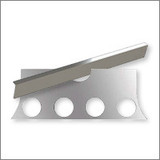 GMC TopKick Truck Frame Light Bars & Filler Panels
GMC TopKick Truck Frame Light Bars & Filler Panels
-
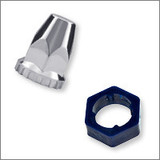 GMC TopKick Truck Frame Nut Covers
GMC TopKick Truck Frame Nut Covers
-
 GMC TopKick Truck Frame Steps & Acc.
GMC TopKick Truck Frame Steps & Acc.
-
 GMC TopKick Truck Front Axle Air Ride Kits
GMC TopKick Truck Front Axle Air Ride Kits
-
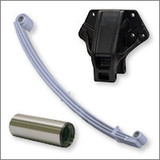 GMC TopKick Truck Leaf Springs, Hangers & Acc.
GMC TopKick Truck Leaf Springs, Hangers & Acc.
-
 GMC TopKick Truck Shock Absorbers
GMC TopKick Truck Shock Absorbers
-
 GMC TopKick Truck Steering Parts & Acc.
GMC TopKick Truck Steering Parts & Acc.
-
 GMC TopKick Truck Torque Rods & U-Bolts
GMC TopKick Truck Torque Rods & U-Bolts
